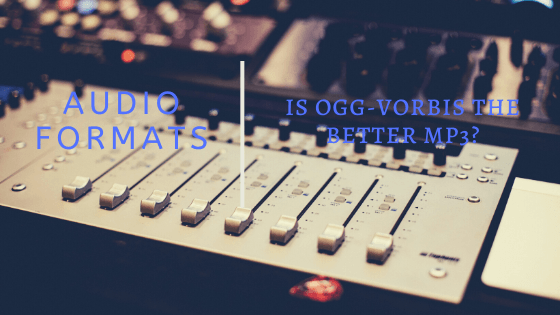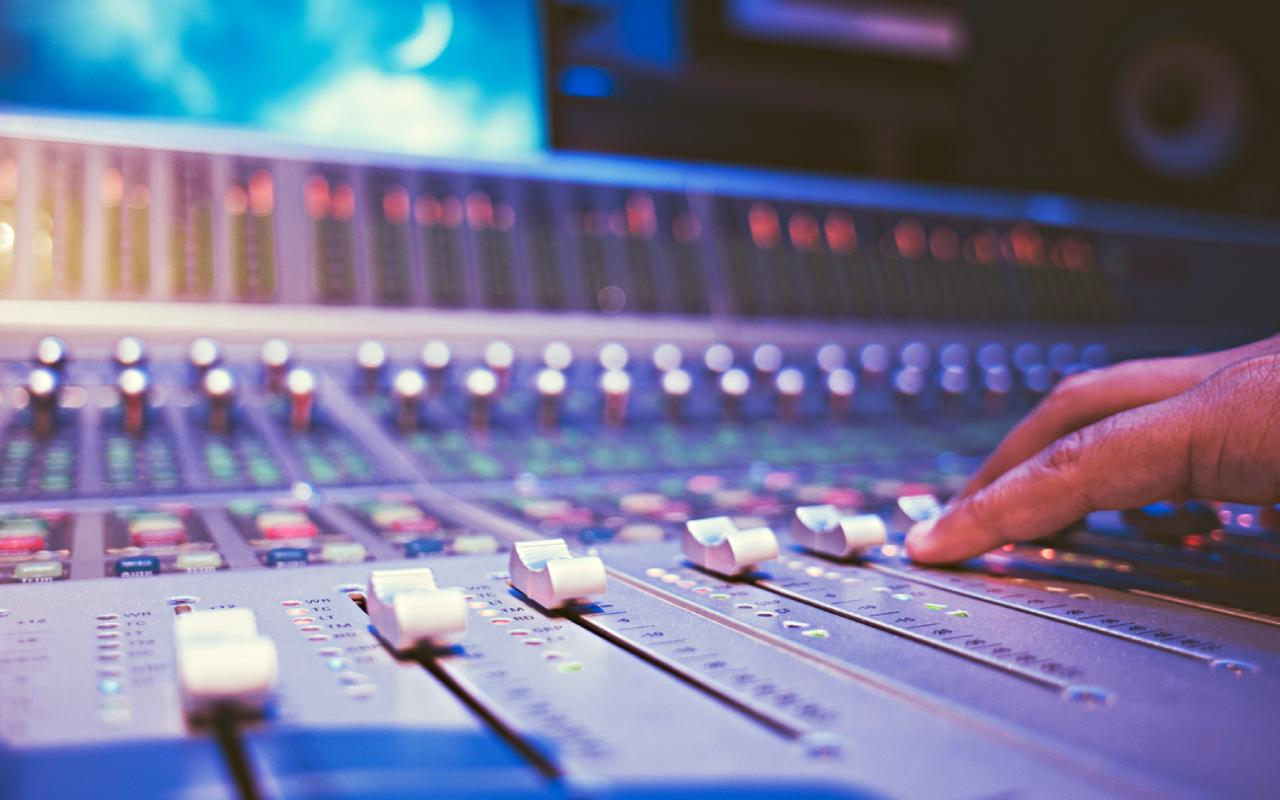Ogg-Vorbis is an audio format very similar to the more known MP3 format and if you believe it or not, the Ogg-Vorbis encoder beats all MP3 encoders on the market by far. Here you find the results of our review:
Frequencies up to over 20kHz are still available at 128kbit/s whereby frequencies above 21kHz can be; encoded with higher data rates. With a variable data rate, you can already enjoy frequencies beyond 21kHz at nominal 128kbit/s.
[su_note note_color=”#f5f5d4″ radius=”6″]| Also Read | 7 Best must visit blogs [/su_note]
Furthermore, Ogg-Vorbis has an almost linear frequency response, which only shows some insignificant irregularities below 500 Hz. For Ogg files with rates much below 128kbit/s, the frequency spectrum that can be; played is narrowed due to the higher compression. For rates up to 64kbit/s, the upper cutoff frequency drops to 16kHz, which still corresponds to the standard for 128kbit MP3 files. Unlike most MP3 encoders, it is possible to select any integer data rate with Ogg-Vorbis. Additionally, you can choose between variable and constant data rates.
Unlike MP3 encoders, Ogg-Vorbis is able to play audio material at 64kbit/s adequately. And this with a quality that corresponds to MP3 files with 128kbit/s. This is extremely good and ultimately allows good music quality in stereo at 64kbit/s, which no MP3 encoder can offer. Artifacts include the stereo image restriction known from MP3 encoders and a very faint whisper to bubbles in the high-frequency bands.
Bubbling or whispering is not noticeable at 128kbit/s with Ogg-Vorbis. The music sounds perfect and even experts will find it very difficult to distinguish it from the original. Stereo restrictions could not be; perceived. If the listener doesn’t know that he gets to listen to data compressed music; it can be seriously doubted that he could conclude this on his own with 128kbit Ogg Vorbis files.
[su_note note_color=”#f5f5d4″ radius=”6″]| Also Read | 5 Best Apps for Android Privacy [/su_note]
The result
The Ogg-Vorbis format clearly wins when comparing it to MP3. Both subjectively and measurably it creates the best audio files at the lowest data rate. At 64kbit/s, it can produce highs of up to 16 kHz. MP3 encoders only manage frequency components up to 10kHz. Ogg Vorbis files show the smallest artifacts in stereo audio material at 64kbit/s. MP3 files can hardly be enjoyed at this data rate due to many artifacts. Only the Lame encoder offers good material in mono. In short: Ogg Vorbis comes close to the 5% mark with the adequate reproduction of music at 64kbit/s, to which our hearing reduces the sound arriving at the ear. Much more data reduction is therefore no longer feasible without the listener being able to perceive it. Accordingly, only marginal changes and improvements in this sector of digital music data processing are to be; expected in the following years.
Conclusion:
Extremely compressed data and yet sound that is much better; compared to MP3. In order to produce your own OGG files, you can use the following online converter:
[su_highlight background=”#f4dcb1″ color=”#604b4b”]https://ogg2mp3.converter.page/[/su_highlight]
Hope you like the post, please do check out the converter and share your views in the comments below. Also, please do share as sharing is caring, keep checking back for more updates coming.





